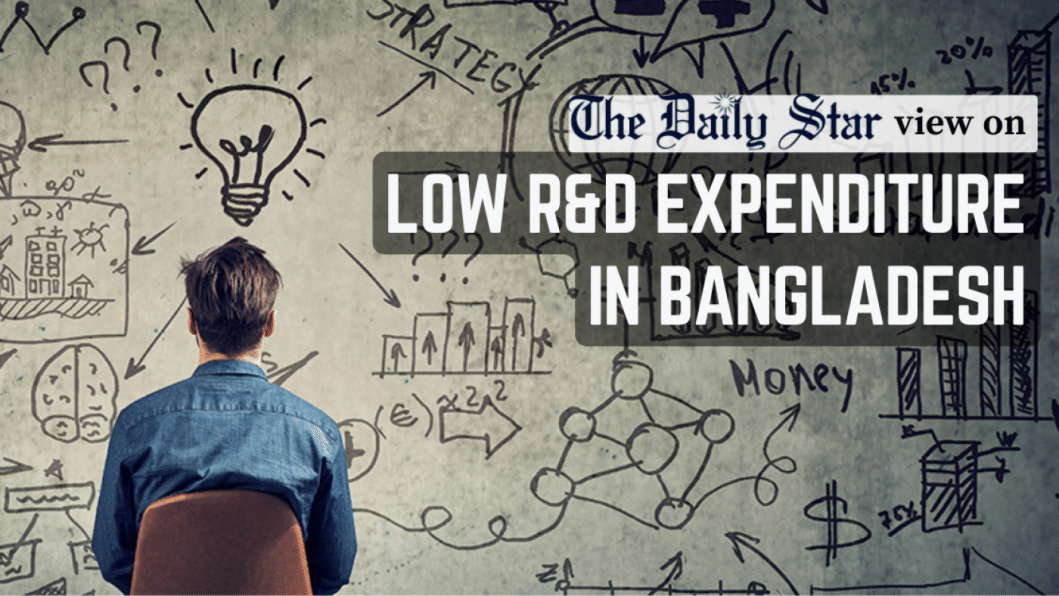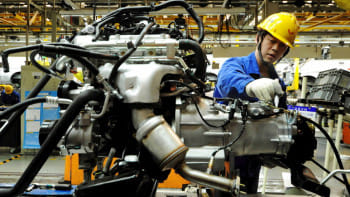Bangladesh needs to invest more in R&D

It is disappointing that despite the country's laudable economic growth in recent decades, our approach to research and development (R&D) has been quite questionable. As a report by this daily points out, both the private and public sectors in Bangladesh have historically lacked innovation. Our goal of becoming a developed nation in less than two decades is admirable, yes, but one cannot help but wonder if our current growth will be sustainable if it continues to rely heavily on garment exports and the earnings of mostly unskilled migrant workers – the two mainstays of our economy.
The R&D allocation for the current fiscal year is Tk 100 crore, which equals a meagre 0.3 percent of our GDP. The scenario is not much better in the private sector either. One would assume that a mixed market economy would drive innovation. Instead, universities spend a minuscule amount of their annual budgets on research, while private firms, when adopting new technologies, often opt for foreign sources rather than cultivating in-house research and innovation. In the long run, such a trend is bound to hinder progress for the country as a whole.
There is no doubt that Bangladesh has been trying to ride out a protracted economic crisis in the wake of the pandemic. But it would be nonsensical not to keep an eye on the future and invest in research and development across all sectors. Besides encouraging academic research and technological innovation, focusing heavily on sector-specific R&D will also be beneficial. For instance, in terms of boosting remittance, it is crucial to upskill our aspiring migrant workforce. Recent data has revealed that nearly half of all workers going abroad between 1976 and 2019 were less skilled or unskilled. In fact, as per data from the Bureau of Manpower Employment and Training, 73.65 percent of migrating workers in 2021 were unskilled. As a result, Bangladesh is receiving a lot less in remittance than other comparable countries that are exporting skilled labour.
Therefore, it is crucial for the authorities (both private and public) to look beyond immediate gains and challenges and try to transform our economy which will benefit us all in the long run. In order for Bangladesh to conduct large-scale research and development activities, and to fulfil the objectives of SDG 9 – which are to build resilient infrastructure, promote inclusive and sustainable industrialisation, and foster innovation – we need to dedicate more of our budget to R&D and let it guide our policies. Otherwise, our progress as a nation will be stalled.

 For all latest news, follow The Daily Star's Google News channel.
For all latest news, follow The Daily Star's Google News channel. 










Comments